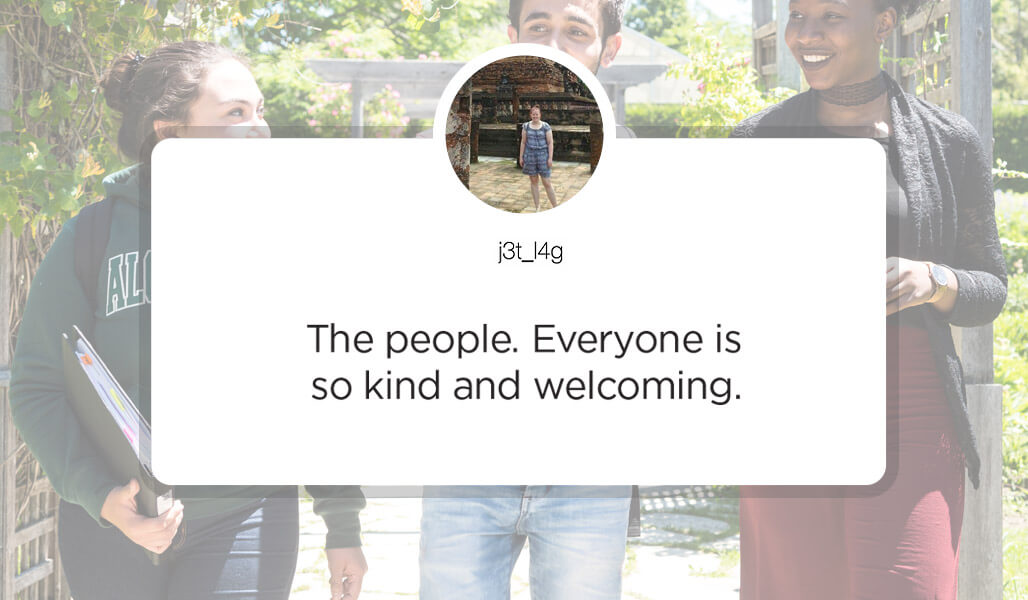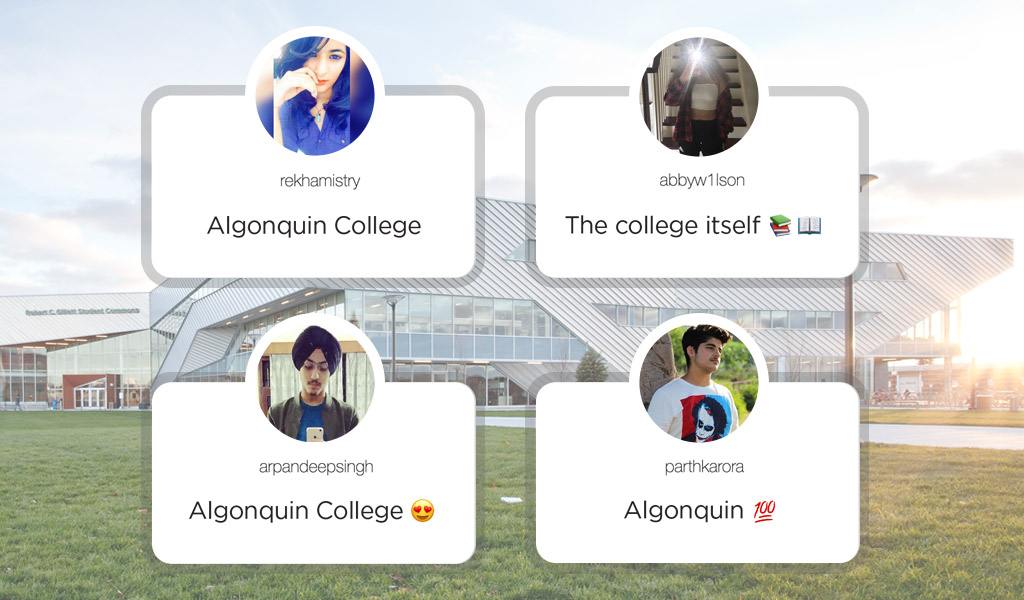
So you’re trying to decide which school to go to – it’s a big decision! Your first question might be “College or University?” — which should you choose? Students come to college for practical, hands-on experience – and to get a degree. Yep, you read it right – colleges offer degrees, too.
Algonquin College offers over a dozen Honours degree programs, ranging from commerce to robotics, building science to interior design – so there’s something for everyone!
There are a lot of advantages to taking a degree at college, too. One of the biggest issues about university is the class sizes. Often times, students feel like they’re just another number. At Algonquin College, degree classes have an average of 32 students so you won’t feel like you’re lost in the crowd. It’s also easier for students to ask questions and work closely with their profs. You’ll definitely feel like you’ve gotten your money’s worth.
University and college both cater to different learning styles. If you feel like you learn better from a more hands-on and practical approach, college is the place for you. In college, you get the chance to learn in a practical environment and with a professor who has worked in the industry. You gain real industry experience from real industry professionals, plus hands-on experience alongside theory.

University tends to take a more theoretical approach – there can be a lot of reading and lectures, which may be a good fit for you. Either way, university and college teach you how to perfect your time management, decision making, and organizational skills. You can’t go wrong either way!
Another benefit to Algonquin is that most of our degrees have paid co-op terms, where students can earn upwards of $10,000 per work-term. And our grads get jobs, too. In 2016, 84.1% of Algonquin College grads were working in their field within six months of graduation.
All in all, college degrees are equal to (and sometimes even better than) university degrees. While they’ll both get you a job in the field you’re passionate about, the hands-on nature of college degrees could make you look even more desirable to potential employers. Whatever you end up choosing, we know you’ll rock it! We believe in you.
Chelsie McHugh is a third-year Advertising and Marketing Communications student. She’s a funny, fiery redhead with a passion for writing.



 Thinking about moving to Ottawa for school? Great! …But where are you going to live? Whether it’s our
Thinking about moving to Ottawa for school? Great! …But where are you going to live? Whether it’s our 
 Hands-on and practical learning is an important part of a college education. Co-op is a powerful way to gain this experience, giving you exposure to industry while you study and making you more employable upon graduation.
Hands-on and practical learning is an important part of a college education. Co-op is a powerful way to gain this experience, giving you exposure to industry while you study and making you more employable upon graduation.



